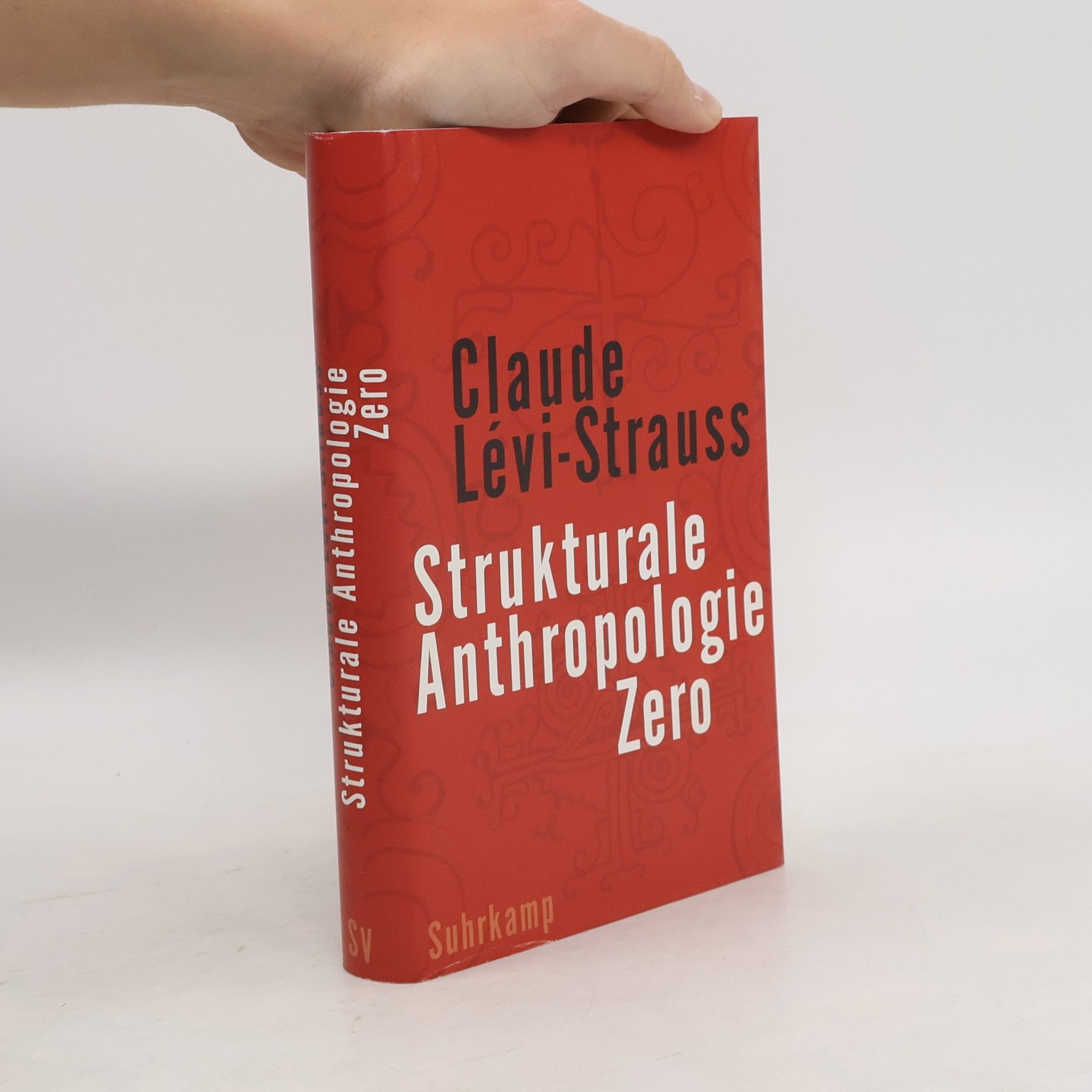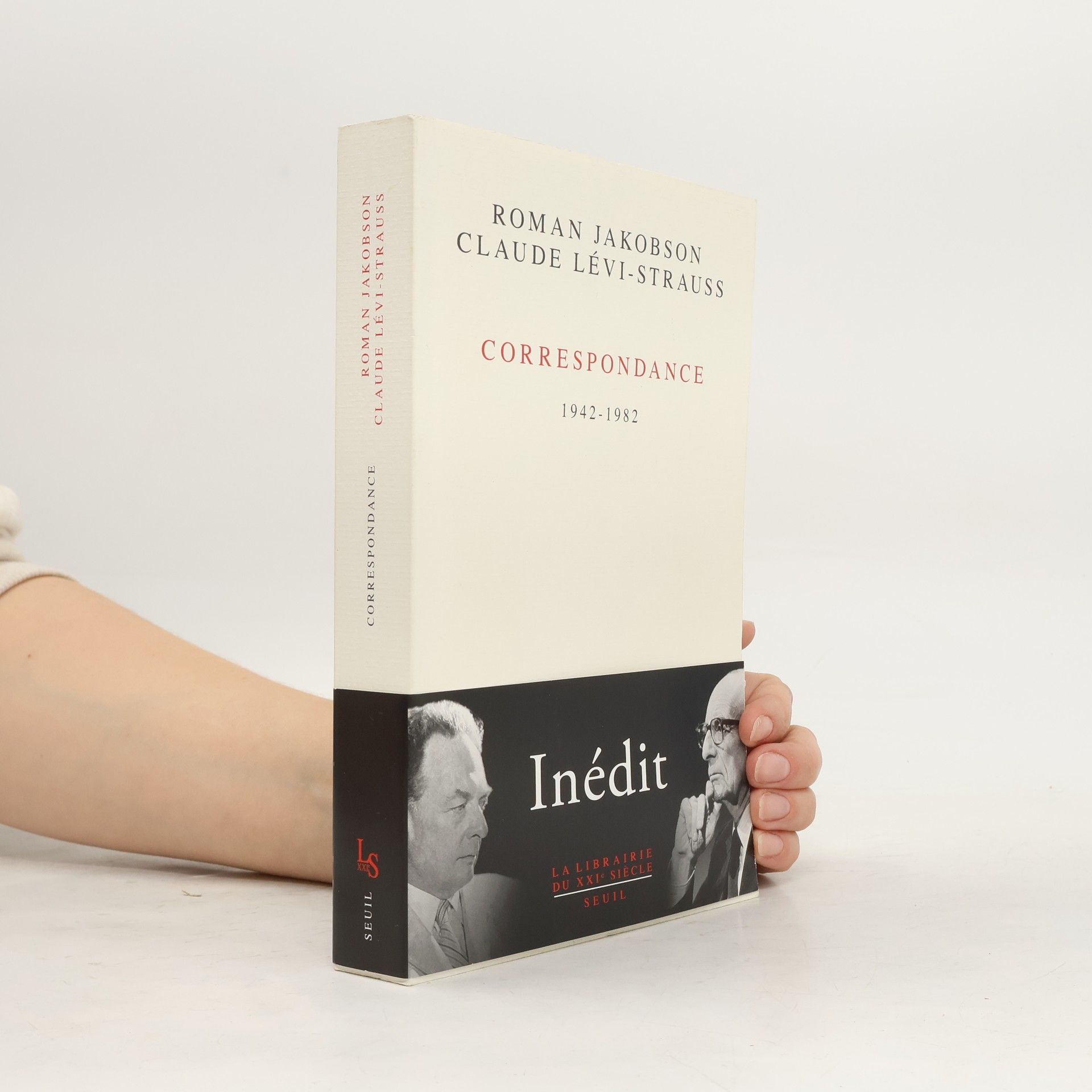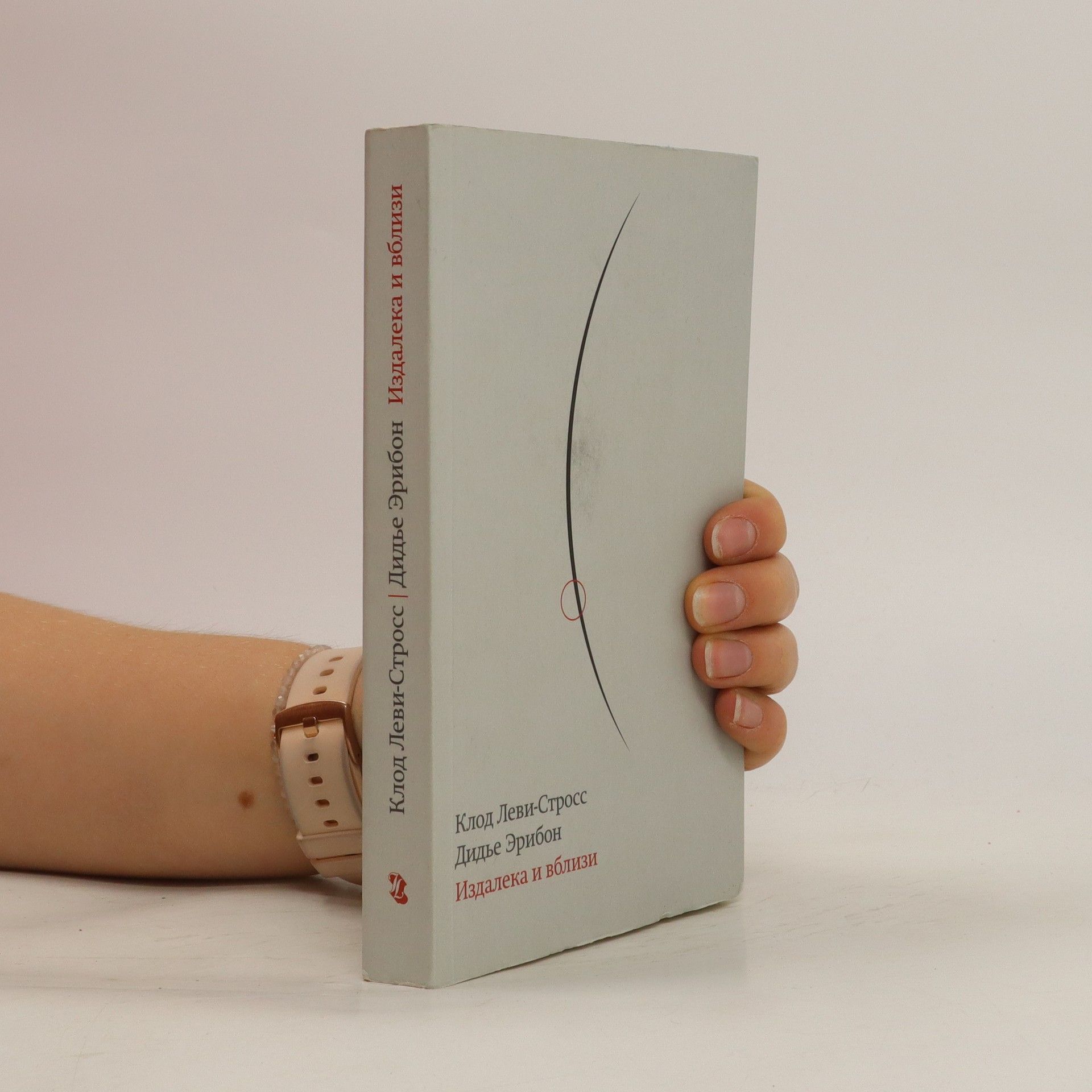W pięciu wykładach, przygotowanych pierwotnie dla Radia CBC, a następnie wydanych w tomie Mit i znaczenie, Claude Lvi-Strauss zapoznaje czytelnika z dorobkiem swojego życia interpretacjami mitów i próbami odkrycia ich znaczenia dla ludzkiej zdolności pojmowania.Wykłady rozpoczyna dyskusja dotycząca historycznego rozłamu między mitologią i nauką oraz dowodów, że w podejściu do nauki ponownie uwzględniamy mityczne poziomy rozumienia. W rozwinięciu tego wątku prof. Lvi-Strauss poddaje analizie to, co nazwaliśmy myśleniem prymitywnym, a także omawia wybrane uniwersalne cechy mitologii człowieka. Ostatnie dwa wykłady pokazują związek funkcjonalny między mitologią i historią oraz strukturalny między mitologią i muzyką. Książka, łącząc historię, antropologię i filozofię, przedstawia szerokie spojrzenie na współczesną kulturę Zachodu.
Claude Lévi-Strauss Book order (chronological)
Claude Lévi-Strauss was a French anthropologist who revolutionized our understanding of human culture. His structural anthropology focused on the invisible, universal structures of thought that connect humanity beneath the surface of diverse traditions. He rejected viewing Western civilization as superior, emphasizing that the 'savage mind' is as rational and complex as the 'civilized' one. His work examines deep patterns in myths, social arrangements, and marriage rules, revealing shared mental categories across cultures. Lévi-Strauss invited readers to reconsider assumptions about human nature and cultural relativism.


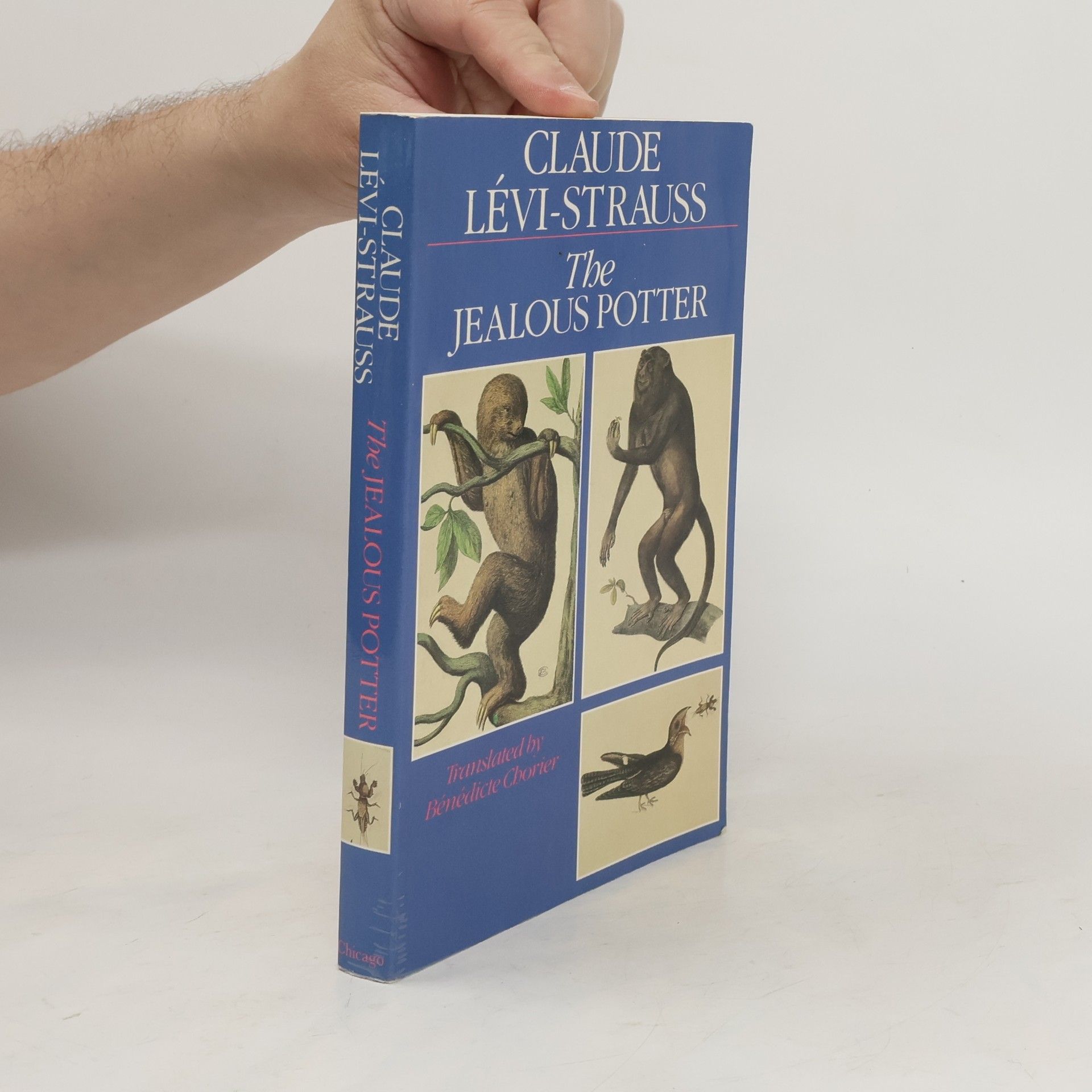

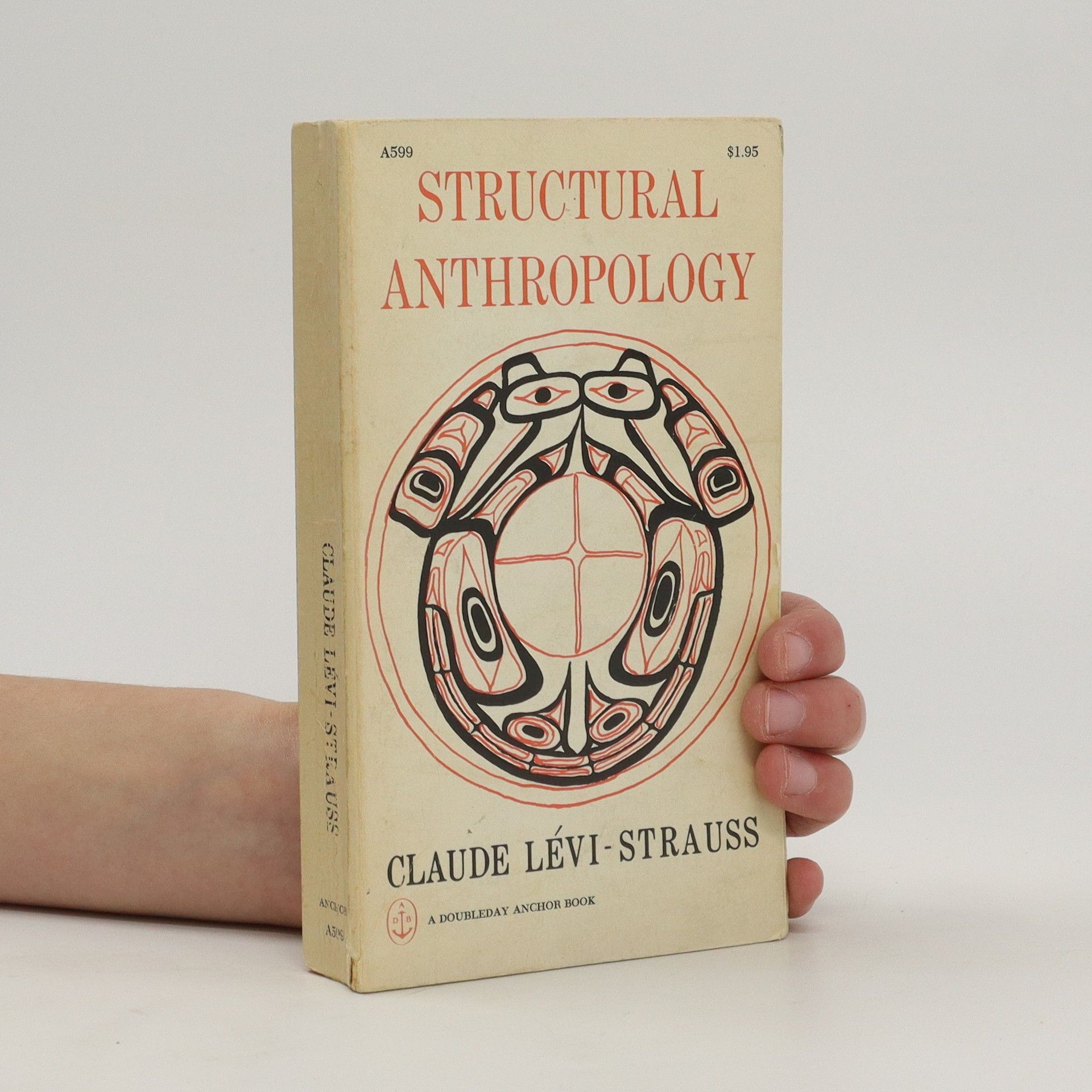
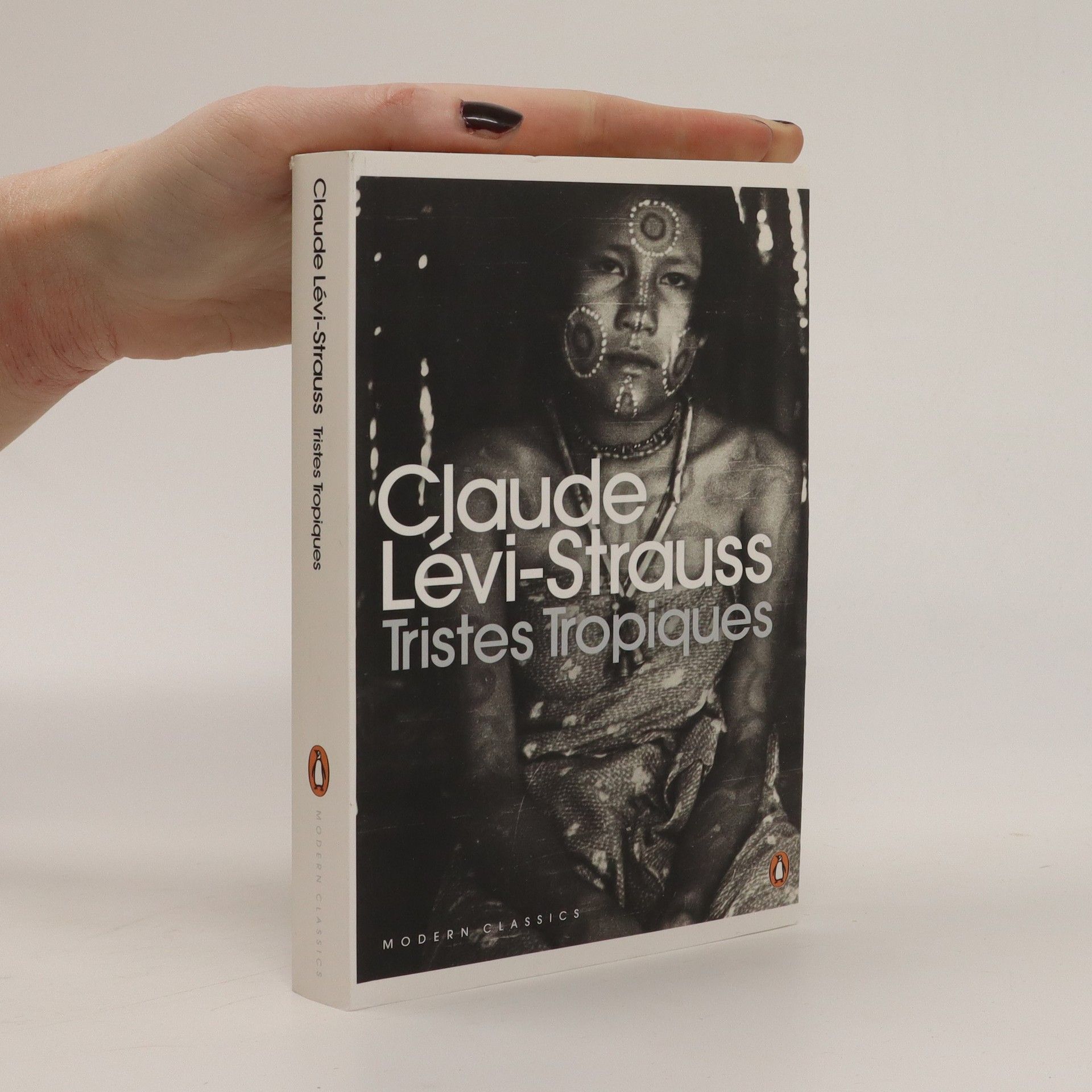

Pozerať, počúvať, čítať
- 160 pages
- 6 hours of reading
Francúzsky antropológ a etnológ Claude Lévi-Strauss (1908-2009) v celom svojom rozsiahlom diele skúmal mnohotvárnu problematiku kultúrnych prejavov človeka. Či boli predmetom jeho skúmaní mýty, príbuzenské vzťahy alebo klasifikácie rastlín a živočíchov, často sa pritom obracal k umeleckým dielam, aby v nich pomocou štrukturálnych metód našiel ukážky tvorivých schopností ľudského ducha. V práci Pozerať, počúvať, čítať výsledky svojich reflexií umeleckej tvorby zhrnul a posunul k záverom, ktoré od výtvarného umenia, hudby a literatúry prechádzajú až charakteristikám miesta človeka v prírodnom a dejinnom kontexte. Kniha vychádza s farebnou prílohou a vo výbornom preklade znalca diela Clauda Lévi-Strassa filozofa a prekladateľa Miroslava Marcelliho.
Photography and Belief
- 96 pages
- 4 hours of reading
In this exploration of contemporary photography, David Levi Strauss questions the concept that “seeing is believing” Identifying a recent shift in the dominance of photography, David Levi Strauss looks at the power of the medium in the age of Photoshop, smart phones, and the internet, asking important questions about how we look and what we trust. In the first ekphrasis title on photography, Strauss challenges the aura of believability and highlights the potential dangers around this status. He examines how images produced on cameras gradually gained an inordinate power to influence public opinion, prompt action, comfort and assuage, and direct or even create desire. How and why do we believe technical images the way we do? Offering a poignant argument in the era of “fake news,” Strauss draws attention to new changes in the technology of seeing. Some uses of "technical images" are causing the connection between images and belief (between seeing and believing) to fray and pull apart. How is this shifting our relationship to images? Will this crisis in what we can believe come to threaten our very purchase on the real? This book is an inquiry into the history and future of our belief in images.
Das Nahe und das Ferne
Eine Autobiographie in Gesprächen mit Didier Eribon
Im Alter von achtzig Jahren erklärte sich einer der einflussreichsten Intellektuellen des 20. Jahrhunderts bereit, ein Interview zu geben, sein erstes Interview seit fast dreißig Jahren. »Ein Ereignis«, jubelte Le Figaro. Im Gespräch mit dem Bestsellerautor Didier Eribon blickt Claude Lévi-Strauss auf die Stationen seines Lebens und Schaffens zurück – frühe Freud- und Marx-Lektüren, seine Flucht nach New York, Freundschaften mit André Breton und Max Ernst, seine Kritik am Kolonialismus und Cartesianismus, seinen anhaltenden Kampf für einen radikalen Humanismus. Und immer wieder wird deutlich, dass die historischen Ereignisse Lévi-Strauss’ Schicksal genauso beeinflusst haben wie er das Denken unserer Epoche. Aber auch private Betrachtungen kommen in diesen Gesprächen nicht zu kurz. Eindrücklich erzählt er von seiner Liebe zur Musik, zur Malerei, zu Blumen, und warum er, der große Ethnologe, nie gern auf Reisen gegangen ist. Claude Lévi-Strauss’ Erinnerungen sind die Confessiones eines herausragenden Gelehrten – und gleichzeitig ein bedeutendes Dokument europäischer Geistesgeschichte.
Suhrkamp Taschenbuch Wissenschaft: Von Montaigne zu Montaigne
- 96 pages
- 4 hours of reading
Der Band versammelt zwei bisher unveröffentlichte Vorträge von Claude Lévi-Strauss, die im Abstand von mehr als einem halben Jahrhundert gehalten wurden: der erste 1937, der zweite 1992, beide haben Montaigne zum Gegenstand. Sie lassen den zentralen Platz erkennen, den Montaigne im Denken von Lévi-Strauss einnimmt, und eröffnen damit eine neue Perspektive auf das Werk des großen französischen Anthropologen. Im Zeichen Montaignes, seinem lebenslangen Begleiter, wird ihm die Ethnologie zu einer revolutionären Wissenschaft.
La correspondance publiée ici, pour la première fois, s'ouvre par des contrepèteries et se referme sur la couleur des voyelles. Elle entrecroise sur près de cinquante ans le fil de deux vies, tissant une amitié savante qui ne s'interrompra qu'avec la mort. On y aborde la poésie, les mathématiques, les champignons, les épopées médiévales, ainsi que les langues et les mythes. Contrairement à l'image souvent véhiculée, le linguiste Roman Jakobson et l'anthropologue Claude Lévi-Strauss, figures majeures des sciences sociales du XXe siècle, ont été des médiateurs entre l'abstraction scientifique et l'expérience sensible. Leur œuvre et leur rencontre allient théorie et volupté. Dans son éloge de Lévi-Strauss, Jakobson souligne l'importance de concilier la variation et la recherche d'invariants, sans opposer la passion pour le singulier à l'intérêt pour les formes universelles. Il propose que ces structures invariantes soient perçues comme des matrices de variation. Ainsi, nous n'avons en commun que nos différences, tant au sein de l'humanité que dans la diversité biologique et cosmique. Comprendre sa place dans ce jeu de variations est essentiel pour les sciences humaines, comme en témoigne cette correspondance inédite. Emmanuelle Loyer et Patrice Maniglier.

